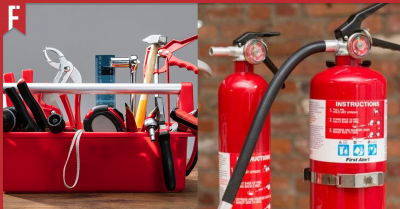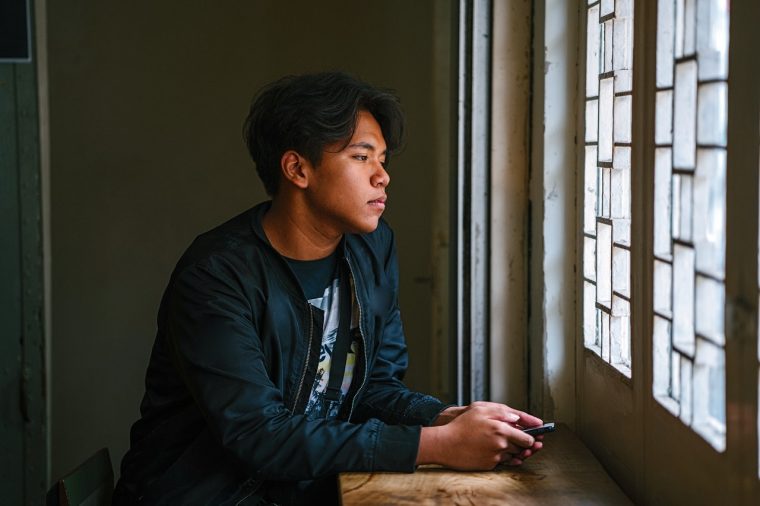
With the COVID-19 pandemic on everyone’s minds, it’s no surprise that most of us are taking steps to maintain our health. By now, even those who aren’t active online have probably heard advice like “wash your hands” and “wear a mask” a million times already. However, while it’s important to take care of our physical health, how many of us are concerned about managing our mental health?
“COVID-19 is an unprecedented event and no one is spared from its repercussions to our mental health, be it in Malaysia or globally,” said Dr Amer Siddiq Amer Nordin, consultant psychiatrist and associate professor in University Malaya’s Faculty of Medicine.
Even for those of us who are lucky enough to work from home, this kind of disruption is bound to be stressful. “You will see more angry posts on social media as people are frustrated with the slow progress in curbing COVID-19.” points out Dr Amer.
Last week, Malaysian Mental Health Association president Datuk Dr Andrew Mohanraj Chandrasekaran cautioned that while the MCO was necessary, it could have negative effects on the average Malaysian’s mental health. “It can be stressful due to fear and anxiety (caused) not only (by) the disease, but also because of economic implications of the pandemic,” he said.
“People with pre-existing mental health conditions are likely to decompensate due to the additional stress and fear.”
In celebration of World Health Day on April 7, we’ve decided to do what we can to help, with a few simple do’s and don’ts listed below to help you maintain your mental health during this pandemic.
1) Stay Connected
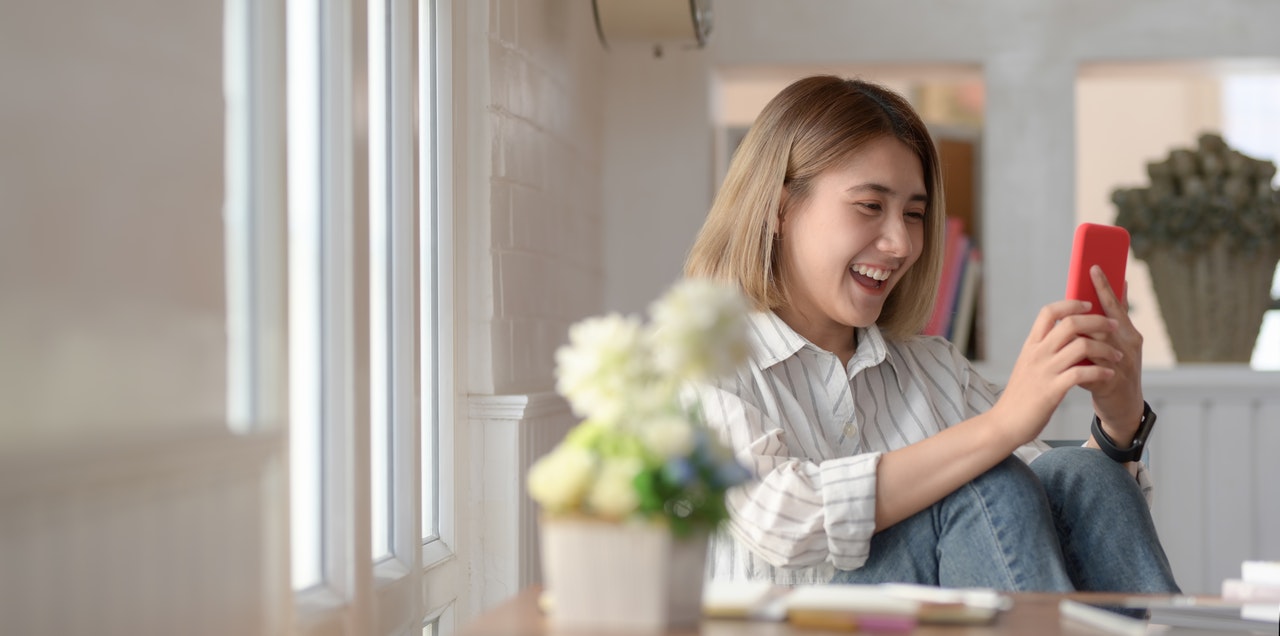
Isolation can cause a lot of stress, especially for those who are used to meeting with their friends and relatives regularly. The good news is, even if you’re stuck at home, you can still interact with your loved ones living far away.
With today’s technology, contacting those you care for has become easier than ever before, but those who are feeling isolated or overwhelmed by the situation can still find help just a call away. Mercy Malaysia has set up a free and dedicated mental health hotline to provide emotional support to those in need.
“We know that there is an increasing need in mental health support in society,” noted Mercy Malaysia programme development and operation general manager Said Alhudzari Ibrahim,, who added that the hotline was staffed by 19 psychosocial volunteers from Mercy Malaysia and 10 counsellors from the Health Ministry. “When someone calls the hotline, the call will be transferred to our pool of psychosocial volunteers, and whoever is available will take the call to provide the necessary support.”
The Mercy Malaysia Psychological First Aid (PFA) Hotline runs from 9am to 5pm daily at 03-2935 9935.

2) Switch Off Social Media
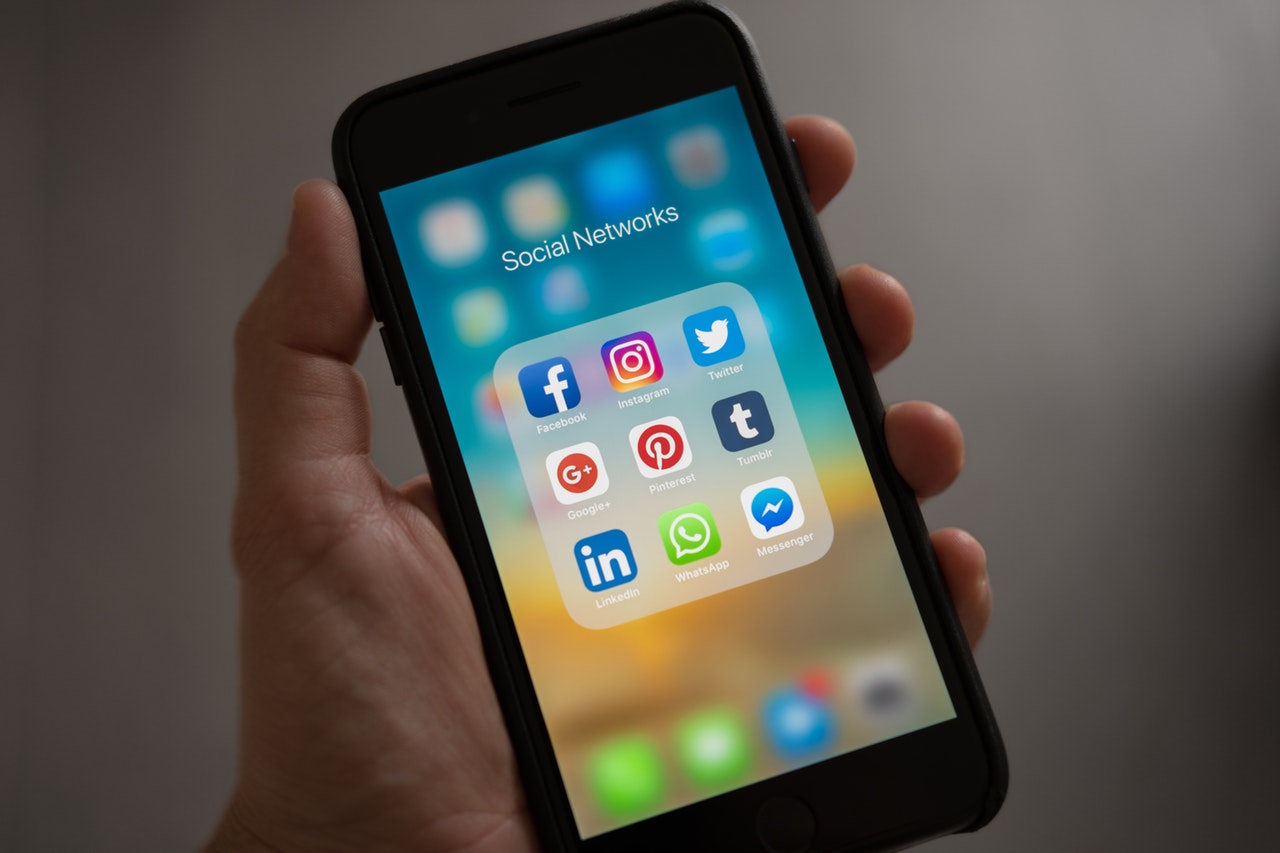
Right now, many of us are glued to our phones, spending hours scouring the internet for every scrap of information on COVID-19 we can find. Don’t do that to yourself.
It’s ok to turn off social media for a bit and concentrate on the here and now rather than obsessing about what’s going on all across the world. Aside from that, there’s a lot of fake news and misinformation circulating around the Internet at the moment, so spending hours compulsively searching through every scrap of information may actually be counterproductive.
Instead of spending all day on the phone, set up specific times to check on reliable news sources such as BBC and The Star and read up on the latest updates. That way, you can still keep track of what’s going on without having to feel overwhelmed by the sheer amount of information flying around nowadays.
3) Set Up A Routine
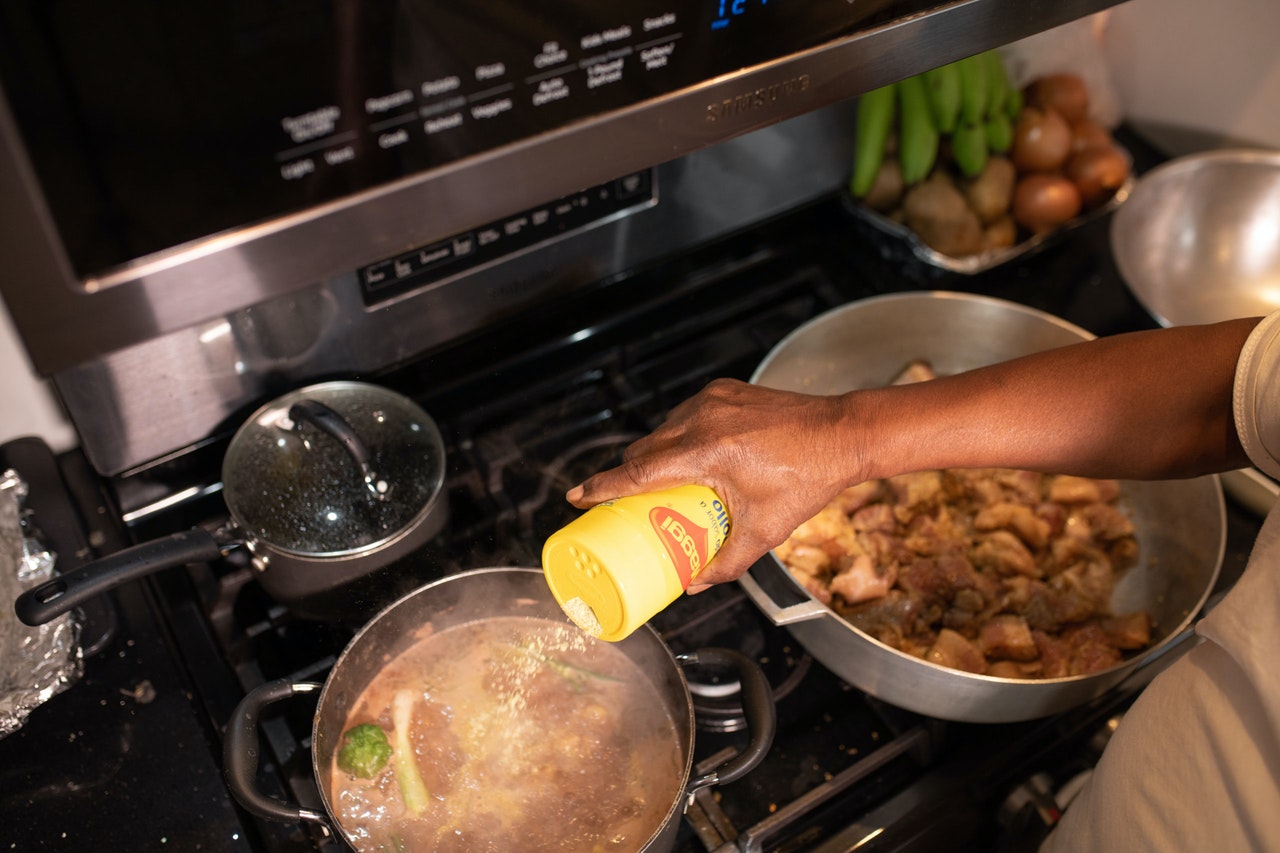
With schools and offices closed and everyone stuck at home, it can feel tempting to just laze around all day. However, according to experts such as Dr Amer, having a set routine is actually much better for your mental health.
“Having a routine helps you feel ‘in control’ of the situation.” he pointed out. It also helps to reduce ‘decision fatigue’ – that feeling of being overwhelmed and paralyzed by indecision because you’re unsure of what to do. By setting up a general routine for daily activities such as eating or sleeping, you can develop a sense of normality that helps to keep you motivated rather than simply lazing around all day.
A good routine also helps you concentrate on the things you can do rather than fretting about the things outside your control – maybe you personally can’t do anything about COVID-19, but even simple tasks such as cleaning your home or cooking a nice dinner is better than lying in bed all day worrying about what’s going to happen next.
If you’re finding it difficult to adjust, try writing a To-Do list to help you keep track of what needs to be done and plan accordingly.
4) Start Sweating

Whether you’re normally a gym junkie or a couch potato, working out at home is a great way to keep yourself healthy both physically and mentally. It gets your body moving, gives you something to do, and helps to boost your mood.
Even if you don’t have fitness equipment at home, there are still plenty of options available to you. From traditional solutions like yoga to more modern tools like Wii Fit, there are lots of ways for you to get your heart pumping without needing to take a single step outside your home.
“There is a reason why fitness instructors have been making their workout routines available digitally,” said Dr Amer. “They know that self-care activities like exercise are helpful to mitigate anxiety levels. Of course, self-care isn’t limited to exercise. You can also invest time in self-education or learn new skills to excite you, even if it is over something small like making Dalgona coffee or learning how to create a TikTok video.”
5) Sleep Well

While lying in bed all day is bad, research has shown that regular sleeping hours are important to maintain your physical and mental health. A study published last year looked at 110,496 college students and found that insufficient sleep was associated with a variety of mental health problems and symptoms including depression, feelings of hopelessness and anger, and anxiety.
But how can you get a good night’s sleep when your life’s been turned upside down by the MCO? Aside from setting up a consistent sleep routine (i.e. going to bed and waking up at the same time every day), you can also put a curfew on all your electronic devices. In other words, put your phones away instead of staying up to watch funny cat videos until 2am.
Do whatever you need to get into a relaxed state – whether it’s a cup of chamomile tea, a lavender scent spray, a hot bath, or even a good book. If you go to bed with your mind still racing and muscles tense, odds are that you’ll just end up spending hours tossing and turning restlessly rather than enjoying a good night’s sleep.
A Healthy Mind Leads to a Healthy Body

Today, the COVID-19 pandemic has affected the entire world, leaving millions of people feeling helpless and afraid of an invisible threat that could take away everyone they know and love. The World Health Organization has acknowledged that anxiety is on the rise worldwide, and mental health experts both locally and abroad have expressed concern for those who are currently in quarantine due to the COVID-19 pandemic.
“The MCO can affect people in many ways because we are different from one another,” said consultant clinical psychologist Dr Urmilah Dass, who added that it was crucial everyone to find ways to cope with the stressful situation. “The stress and fear of being infected is real and some people may feel extremely anxious.”
As such, it is more important than ever before to take good care of both your mind and body. Whether it means getting in touch with old friends, organizing a movie marathon with your family, or even picking up a new skill such as painting, staying active and aware will help you remain calm and motivated during this stressful period.
In fact, if you’re a music lover, you can click HERE to learn more about how local performers such as Yuna have been doing their part to keep their fans entertained from the safety of their homes. For more information, you can also follow our Twitter to keep up to date with all the latest news and events.


